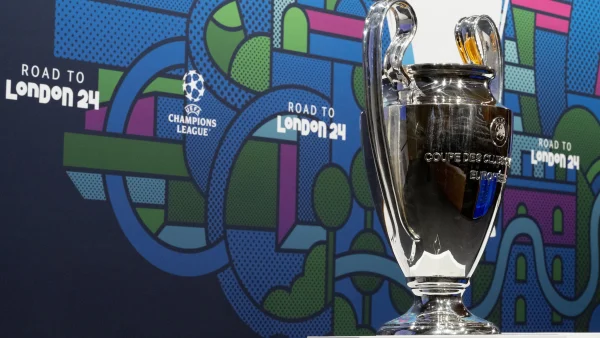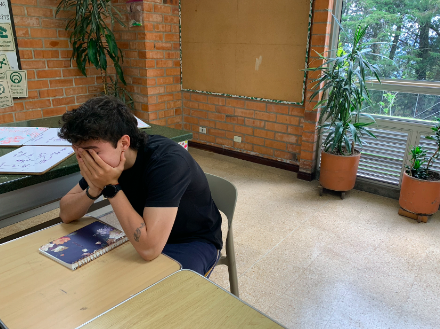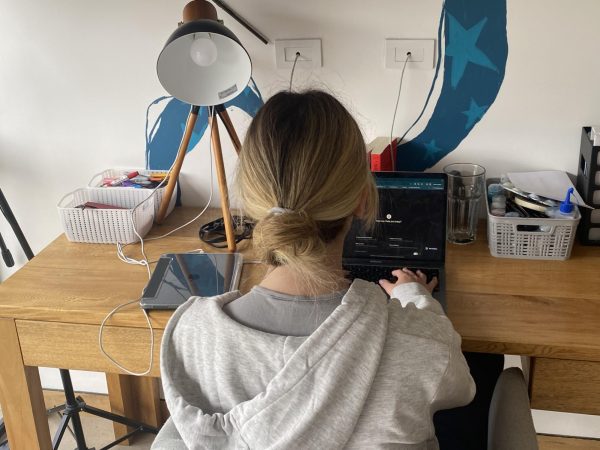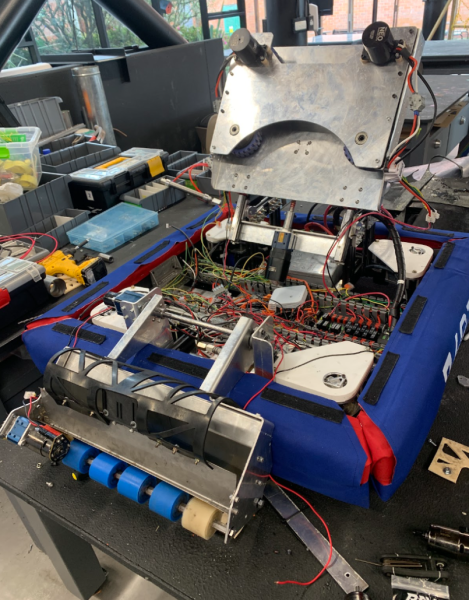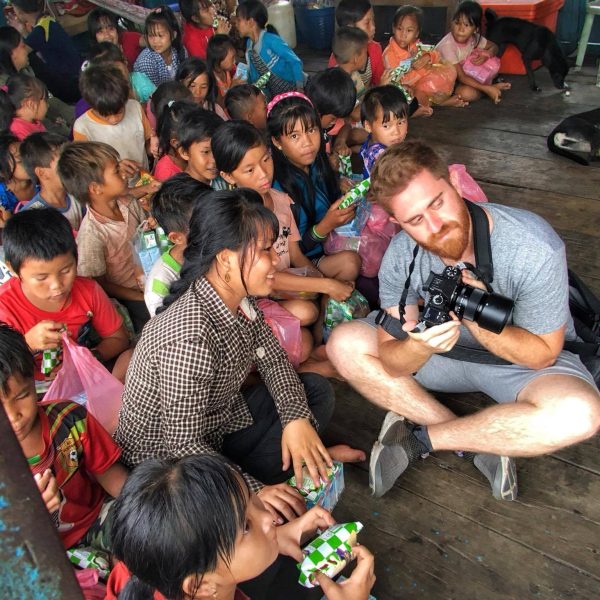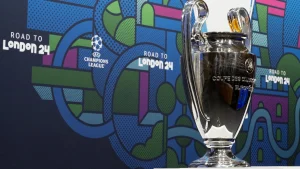UNODC Debates Dangers of the Deep Web and Black Market
The United Nations Office on Drugs and Crimes (UNODC) started the day by reading each delegations opening position speech about The Deep Web: The black market of cybercrime.
The starting point was the black market and the countries guilty of creating it. The delegation of the United Kingdom accused the United States as the creator and instigator of this huge cyber crime problem that the world is facing right now. One of the major priorities that almost all the delegations have agree was to come up and propose solutions for the topic.
“One of the solution the delegation of Israel proposes is for the countries to have more control over the use of the internet y more regulations for it. The countries should join together in order to have an international system of regulation,” Andrea Perez, Delegate of Israel, said.
Although, the committee goal is a solution to the cyber crime and the black market on the internet, the delegations spent much of the session accusing each other and defending individual countries. The delegation of Syria provided an infographic describing the setup of the internet. After every delegation had shared their opinion about the topic, each committee made clear their position on the topic.
“The internet is divided in three levels, the Surface Web, the Deep Web, and the Dark web, the things seen in the internet like Google and Facebook are part of the surface that is just the 5% of the total amount. The Deep web is the 94.97% and the Dark web is 0.03%. Please do not confuse this two terms, they are very different things,” Sebastian Duque, Delegate of Syria, said.
The delegation of the UK argued that the black market and the deep web has both pros and cons, which caused many disagreements in the committee. Most of the delegations contested that position claiming they do not find positive or pros, only negatives such as drug dealing. These delegations argued the best solution would be erasing and getting rid of the whole internet, or at least of the non legal part.
“The delegation of North Korea proposes to close and limit the internet,” Samuel Meneses, Delegate of North Korea, said.
The delegations of Malaysia, Israel, North Korea and Mexico were asked by other delegates to state their solution for the deep web and dark web. Many solutions were based on the restriction and creating different systems to interfere and control this type of things around the internet. Later, China proposed that delegations opposed to the black market propose specific solutions.
The Pakistan delegate interrupted the debate by proposing to ban and quit the use of the internet. The delegate of Malaysia countered wished by proposing solutions arguing for this problem arguing the best resolution would be the creation of a plan to regulate the dark and deep web while protecting the freedom of press and speech.
“Lets see if this delegates can turn off their cell phones, computers, and other electronics devices and lets see if they can support what they say and what they state should be the solution,” Sebastian Garces, Delegate of Saudi Arabia, said.
The delegate of Syria introduced a expert witness, Alexia Ububueve Osas, to illustrate the dangers of the black market on the internet. She was kidnapped when she was 13 years old by a man older than 50. She was held captive and was consistently raped. Her vocal cords, arms, and one leg were cut, so she would not scream or barely move. Eventually, she was able to escape to Syria and go through a process of rehabilitation.
“It was better and safer for me to escape to Syria even if it was a country in war. For me that was nothing compared to what I already had lived. This is the first time I talked about my situation because it is not easy to overcome all of this that has happen to me,” Alexia said.
This complex topic will continue to be debated throughout today’s session.

